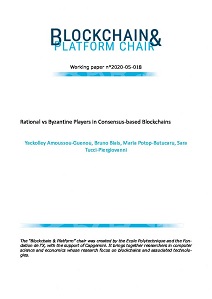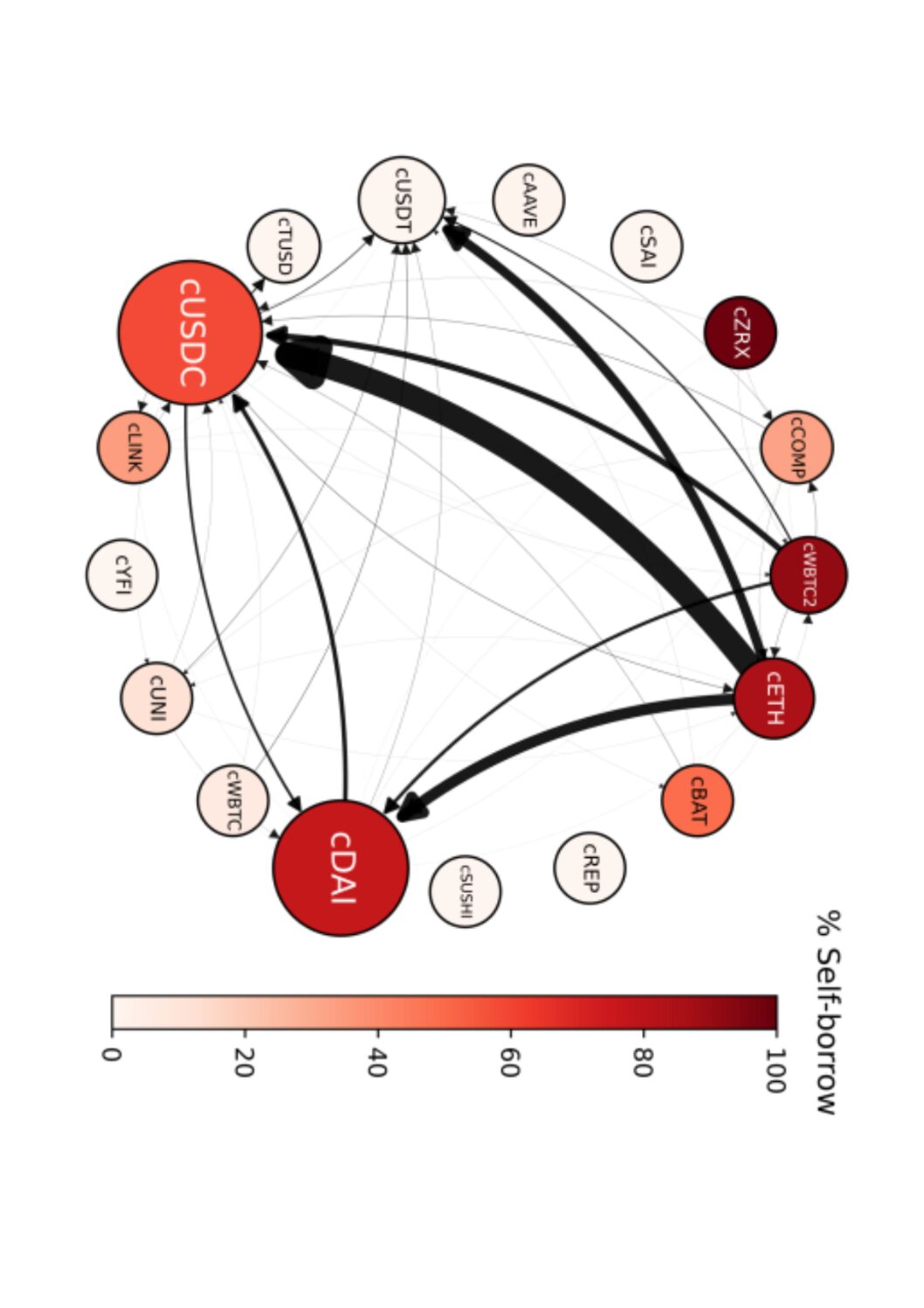
Publication date:
04/2020

Rational vs Byzantine Players in consensus-based Blockchains
We analyze from the game theory point of view Byzantine Fault Tolerant blockchains when processes exhibit rational or Byzantine behavior. Our work is the first to model the Byzantine- consensus based blockchains as a committee coordination game. Our first contribution is to offer a game-theoretical methodology to analyse equilibrium interactions between Byzantine and rational committee members in Byzantine Fault Tolerant blockchains. Byzantine processes seek to inflict maximum damage to the system, while rational processes best-respond to max- imise their expected net gains. Our second contribution is to derive conditions under which consensus properties are satisfied or not in equilibrium. When the majority threshold is lower than the proportion of Byzantine processes, invalid blocks are accepted in equilibrium. When the majority threshold is large, equilibrium can involve coordination failures, in which no block is ever accepted. However, when the cost of accepting invalid blocks is large, there exists an equilibrium in which blocks are accepted if and only if they are valid.





